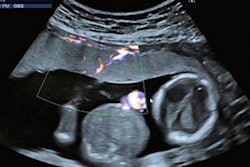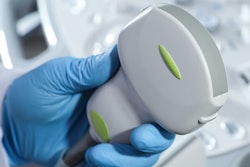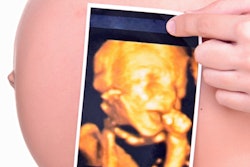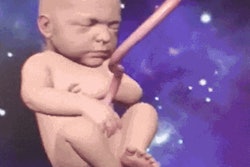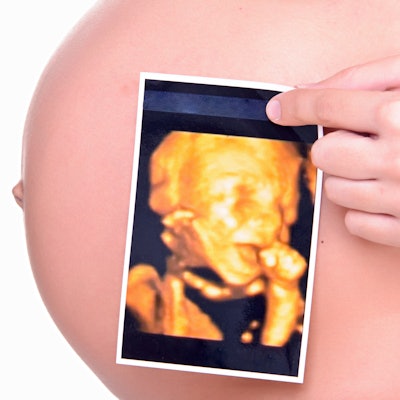
Ultrasound professionals are calling for more regulation of fetal sonography amid the continued growth of souvenir outlets that provide ultrasound services for pregnant women, according to an article published on 23 July in the BMJ. For a fee of up to 250 pounds (274 euros), shops offer a variety of nondiagnostic fetal ultrasound products, including "4D bonding scans" and mementos.
The article questioned the safety and dubious value of selling keyrings, video clips, and other keepsakes derived from ultrasound scans of pregnant women. The author cites instances where staff provided false reassurance or caused undue anxiety for these women.
In one case, a baby was born prematurely and died after staff at a souvenir scanning outlet missed a serious fetal abnormality, the article noted. The mother, who was feeling unwell at the time of the scan, opted to go to the keepsake facility instead of a hospital because it was a weekend and she thought she would be seen faster.
"The sonographer reassured me that the baby was absolutely fine," the woman said in the BMJ article, which was written by freelance journalist Sally Howard.
Keepsake ultrasound shops have become increasingly popular in recent years, Howard noted. Unlike U.K. National Health Service (NHS) or private, doctor-run ultrasound clinics that offer diagnostic services, these shops tend to resemble beauty salons, with plants, relaxing music, and discount advertising schemes. Similar facilities have come under fire in the U.S., including one in Louisiana that told dozens of women the wrong gender of their fetuses.
While the National Health Service (NHS) requires sonographers to be midwives, specialist radiologists, or have medical sonography training, the same set of rules don't apply to staff at keepsake outlets. Part of this stems from the fact that the U.K. doesn't require sonographers to be registered or have specific ultrasound qualifications, the article noted.
This had led some patients to have false notions about the qualifications of keepsake scanning staff -- some women who spoke to Howard for the article assumed that the staff at souvenir shops would be as qualified as NHS sonographers. This misunderstanding has also had a direct impact on the NHS, according to consultant sonographer and British Medical Ultrasound Society (BMUS) chair Pamela Parker.
"We were rapidly able to gather 30 cases where problems had occurred because of inaccurate scan interpretation at souvenir scanning shops," Parker said in the article.
That's not to say that the U.K. has no regulation of keepsake ultrasound facilities at all. Souvenir scanning outlets in England must register with the Care Quality Commission (CQC). Similarly, Healthcare Inspectorate Wales and Healthcare Improvement Scotland require souvenir facilities run by doctors to register.
Still, some radiology and sonography organizations in the U.K. say that's not enough to distinguish between medical sonographers and retail "ultrasound photographers." In response to the rise of keepsake sonography, the Royal College of Radiologists is calling for the title of sonographer to be regulated, and BMUS wants sonography to be a statutorily regulated profession, the article noted.
While the CQC does not see a problem with its current regulation and inspection structure, Healthcare Improvement Scotland told the BMJ that it is seeking stricter regulation of private clinics. Some NHS trusts have also offered retail scanners expedited services if they suspect fetal abnormalities.
"Having less of an 'us and them' attitude will help to highlight bad providers and improve patient safety," said Parker.




